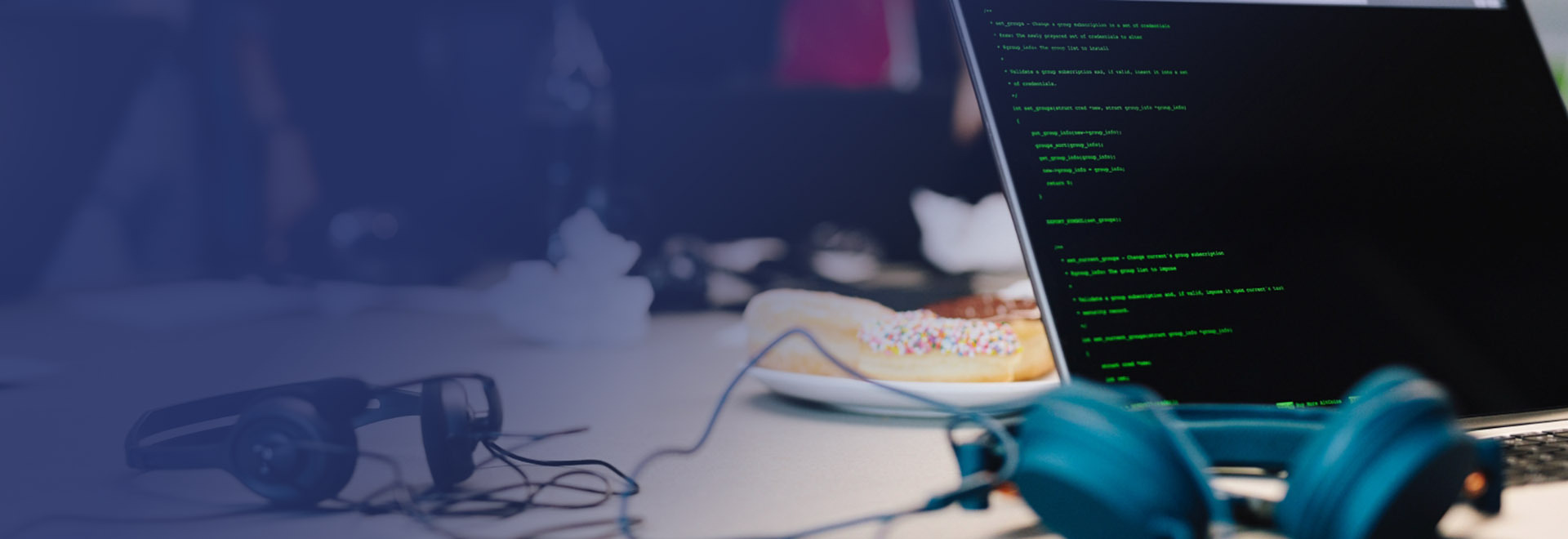
In theory, everyone agrees that the public has a right to safety and privacy. Yet, in practice, it isn’t easy to balance these competing needs in a way that satisfies all parties.
Businesses like social media platforms often get stuck in the middle. Governments ask them for data on citizens in the name of national security or protecting the public, while citizens insist that their privacy be respected, and may leverage their power and leave the platform unless it is.
How can a company keep sensitive user data confidential and fulfill legal obligations to let the government access this data? Suspicions of government snooping are reasonable.
For years, the US government secretly spied on citizens. Former National Security Agency employee Edward Snowden famously blew the whistle on a massive government spy program in 2015. The excuse for spying on citizens in the wake on 9/11 was national security. Now, there’s another reason.
In March 2020, a bipartisan group of American senators introduced the EARN IT Act, which seeks to prevent child sexual exploitation online by targeting child predators on social media platforms. On the surface, of course, the goal of keeping children safe is laudable! But that’s just the problem: when the government wants to secretly access the public’s private information, it knows it needs a justification everyone supports.
However, privacy advocates warn that encryption will be completely compromised if the government can side-step it when they feel the need. If this law passes, it could spell the end of encryption. At least on certain public platforms; communicating through Myntex security services ensures that your private data will remain confidential no matter what legislation passes or how the courts rule.
Why Have Encryption if the Government Can Demand Your Communication?
In the past, big tech companies weren’t responsible for the content their users published. The proposed EARN IT Act will put the onus on these tech companies to ensure predators don’t use their platforms to violate children.
If the law passes, big tech companies could be held liable for the harm their users cause, unless they comply with a 16-person commission’s recommendations. To catch predators, the commission could recommend non-intrusive measures like scanning photos and videos proactively to ensure there is no abusive content, and communication surveillance. The latter is where things get dicey.
Either users can know that their private communications are confidential, or the government can force companies to grant them back-door access to this data. Companies offering end-to-end encryption may not be willing to comply with such requirements, since concealing the messages is the entire point of encryption.

Silicon Valley giants like Facebook argue they can protect children without undermining encryption or their users’ privacy rights. Members of Congress and law enforcement disagree. If the time should come where companies like Facebook need to choose between protecting users’ privacy rights and complying with a government order to access people’s communications, what will they pick?
For how long can they hold out? And so, the privacy battle continues.
End-to-End Encryption in Business
Business leaders must take security into their own hands. They need to get access to the strongest encryption algorithms available, as they can’t depend on platforms that may not be secure in the near future.
Secure communications create a stable atmosphere executives need for conducting business. CEOs can’t sit around and wait to see what the laws will be after the government is finished duking it out with big tech companies.
Even if big tech companies found a way to keep children safe from online predators without requiring back-door access to encrypted communications, the government could claim another pretext for needing access to citizens’ private communications. When one door is closed on them, they usually find another to open eventually.
Taking the initiative to get state-of-the-art end-to-end encryption means shutting the door on them. You need to know that your confidential data is private, which means ensuring your messages are encrypted, and your phone is otherwise protected against identity thieves, corporate saboteurs, or even the government.
Encryption in Everyday Life
People making million-dollar deals understand the need for security, but most people use the internet for countless purposes and routinely buy things online. Identity thieves don’t need a lot of information to wreak havoc on a private citizen.
Aside from our enhanced encryption, additional features like remote wipes and tamper-proofing are perfect for protecting everyday citizens’ basic communications. Here are some resources to help understand your options for encrypted technology, as the topic can be technically complicated.
Millions of people chat each day on platforms like Facebook, sending sensitive information across the internet without really thinking about who else could read it. Even text messages from one phone to another are vulnerable to a hack without the right level of encryption.
Myntex specializes in advanced encryption technology, and our phones have numerous features that complement the encryption. Even if your phone goes missing or a thief steals it, they won’t access its contents because of the layers of world-class protection.
Historically, learning how to navigate phones with leading encryption took technical knowledge and time to learn. Now, everyday users can enjoy modern functionality, knowing they’re as secure as can be. Myntex believes that communicating securely should be easy to use. Please feel free to learn more about who we are and what we set out to accomplish in the encryption industry.
The government will always claim an overriding need for them to obtain data on citizens, despite all their respect for the right to privacy. If it isn’t to keep children safe online or defend the country against terrorism, there’ll be another reason.
Of course, these are genuine safety issues that affect us all! But wherever big tech companies and the government decide to draw the line between privacy and security, business leaders and private citizens can ensure their own communications are secure by relying on encrypted phones by Myntex.
